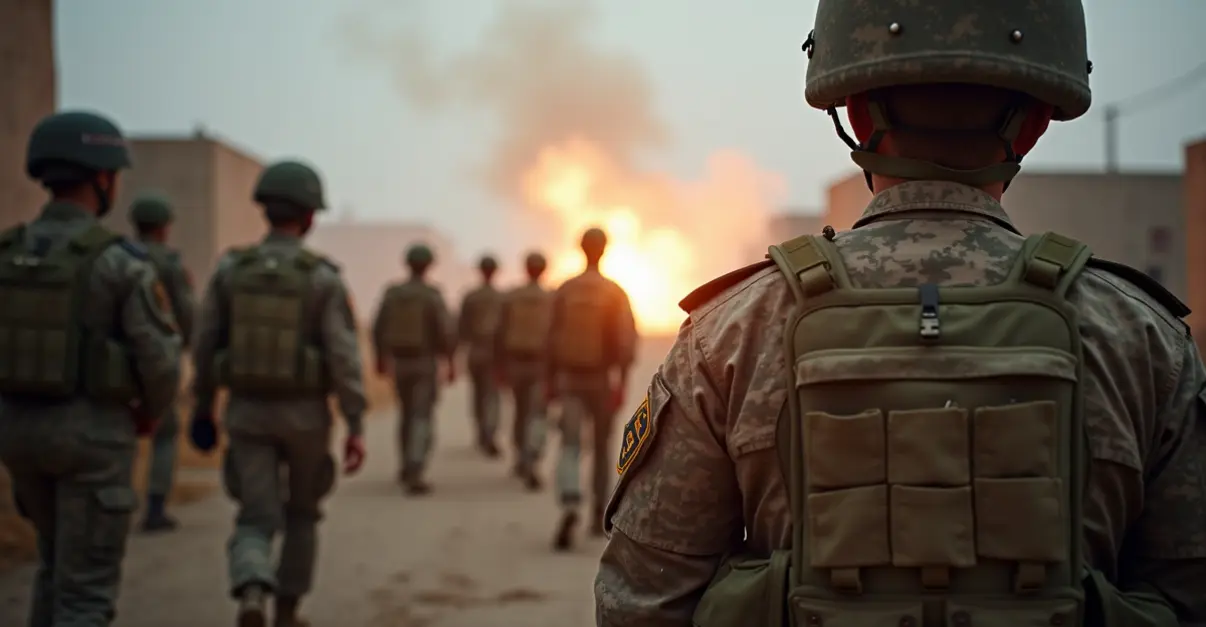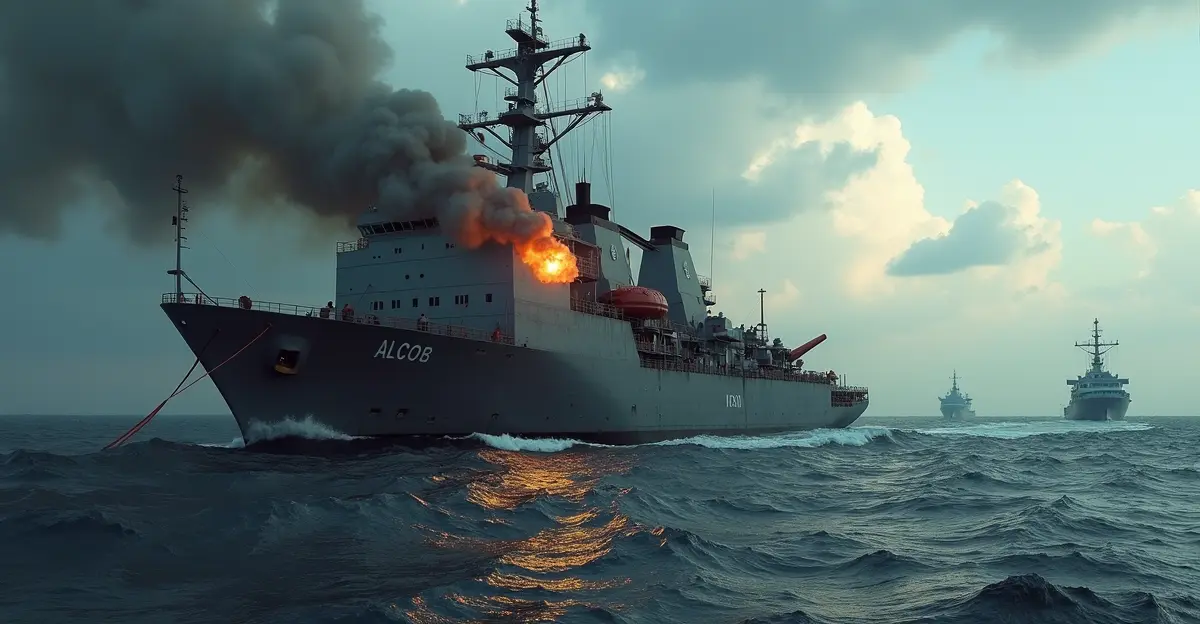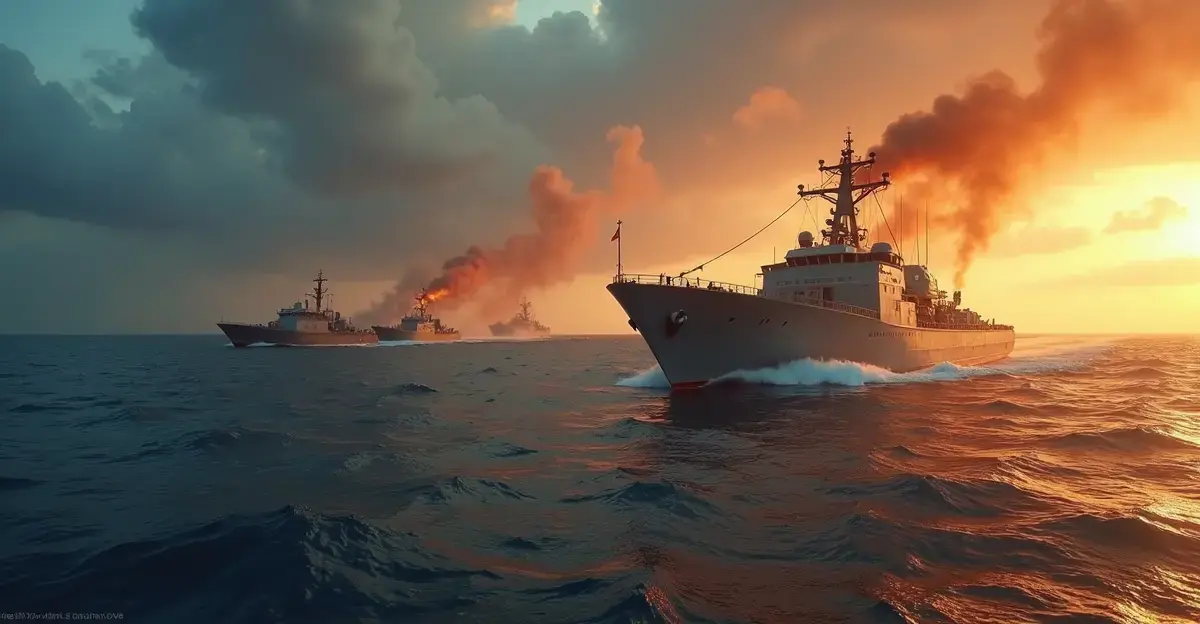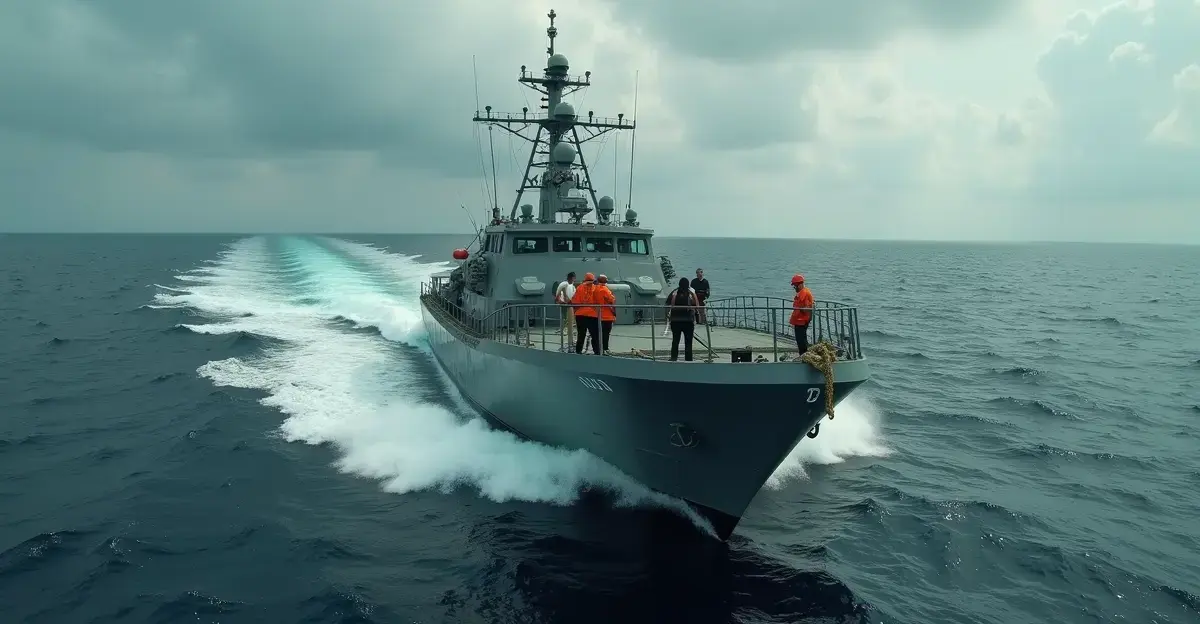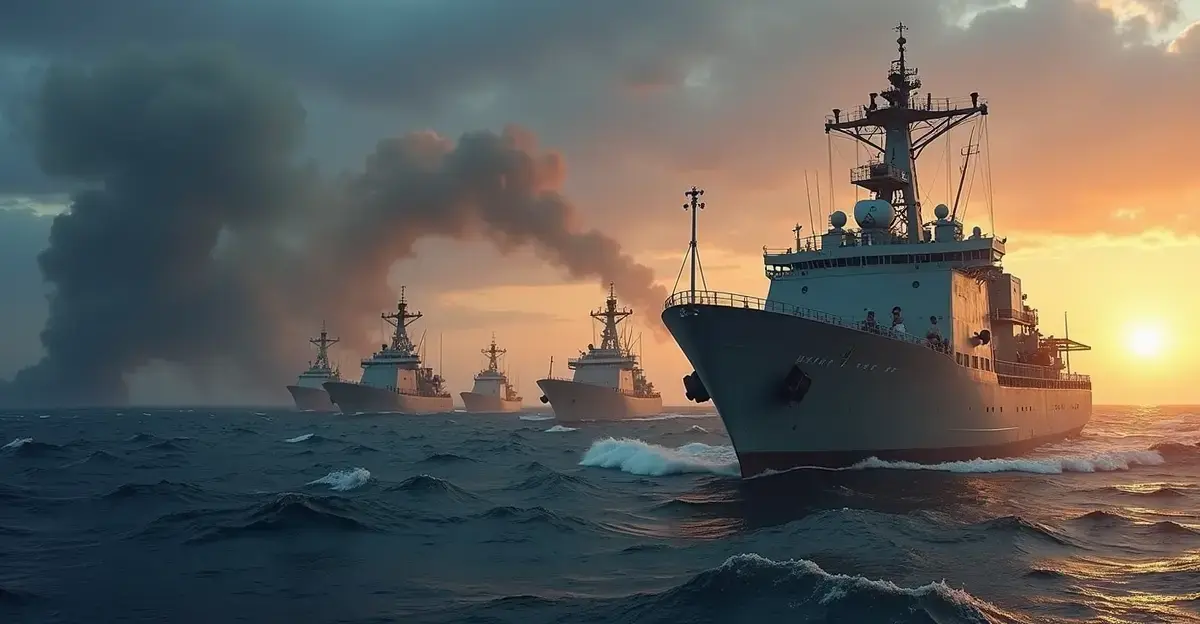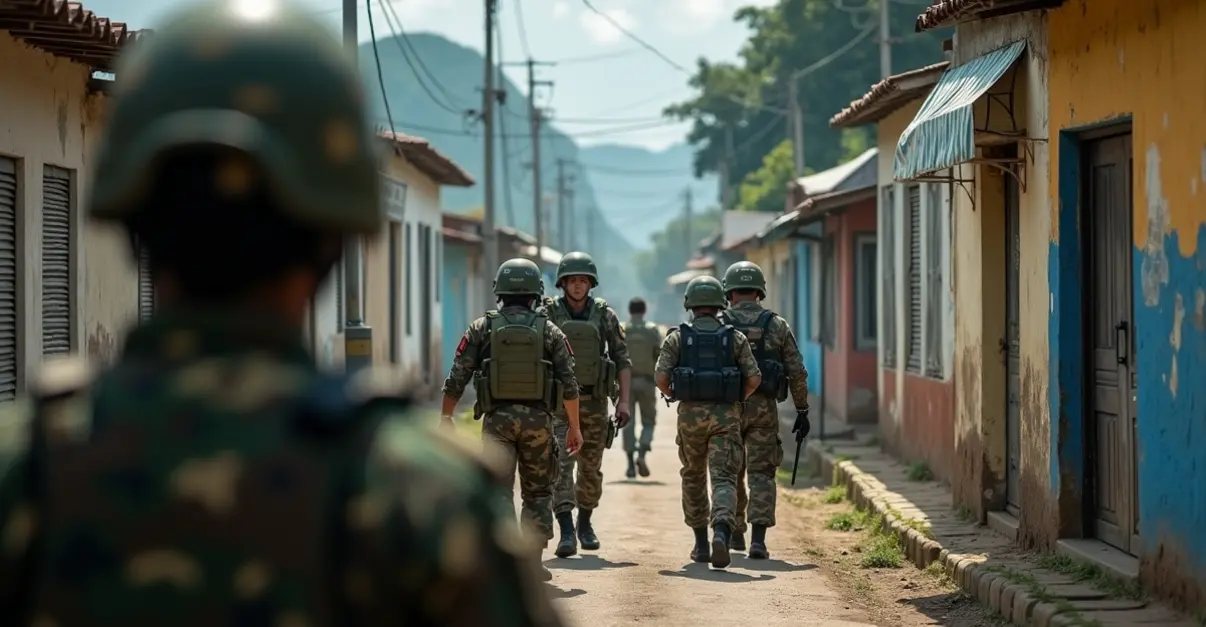US Military Escalates Anti-Drug Campaign to Pacific Waters
The United States military has dramatically expanded its campaign against alleged drug smugglers by conducting lethal strikes in the Pacific Ocean for the first time, marking a significant escalation in the Trump administration's counter-narcotics operations. On Tuesday and Wednesday this week, American forces destroyed two boats off the coast of Colombia in the Pacific, killing all five people on board.
First Pacific Operations After Caribbean Campaign
This represents a major geographical expansion of the US military's anti-drug operations. All previous strikes had been conducted in the Caribbean Sea near Venezuela, where American actions have claimed at least 32 lives since the campaign began. 'The vessel was known to us as a vessel used for drug smuggling. It was following a drug smuggling route and had drugs on board,' Defense Secretary Pete Hegseth stated about the first boat targeted on Tuesday.
However, Hegseth provided no concrete evidence that the vessels were actually involved in drug smuggling. Instead, he showed two videos depicting boats moving at high speed across the water before suddenly exploding. The lack of transparent evidence has raised serious questions about the legal basis for these lethal operations.
International Law Controversy Intensifies
The strikes have sparked immediate international condemnation, particularly from Colombian President Gustavo Petro, who called the actions 'murder' and stated that 'whether it's in the Caribbean or the Pacific, US policy violates international law norms.' Under international law, countries are obligated to attempt to arrest suspects for trial when they are suspected of drug smuggling, rather than conducting extrajudicial executions.
The killing of suspects without due process constitutes extrajudicial execution, a practice that violates fundamental human rights principles. The United Nations has repeatedly emphasized that counter-narcotics operations must comply with international human rights law and due process requirements.
Mixed International Reactions
While Colombia condemns the strikes, Ecuadorian President Daniel Noboa has expressed support for the US government's actions. Noboa is currently engaged in a fierce battle with drug cartels within his own country and sees the US operations as complementary to his domestic efforts. 'With every attack, American drug users' lives are being saved,' President Trump declared, defending the lethal strikes.
The divergent responses highlight the complex political landscape surrounding drug enforcement in Latin America, where some governments welcome US assistance while others view it as a violation of national sovereignty.
Escalating Military Presence and Threats
The US military has significantly increased its presence in the Caribbean region in recent months, deploying additional combat aircraft and naval assets to the area. This military buildup has raised tensions with Venezuela, whose president Nicolás Maduro claims his country possesses 'five thousand Russian missiles' to counter American forces.
Trump has also renewed threats of attacks on Venezuelan territory, promising to inform Congress beforehand, though noting 'we don't have to do that, but I want to.' This statement suggests the administration believes it has broad authority to conduct military operations without congressional approval in certain circumstances.
Legal Justification Under Scrutiny
The Trump administration has reportedly developed a classified legal opinion justifying these strikes by treating drug traffickers as enemy combatants who can be summarily killed without judicial review. This interpretation represents a significant expansion of military authority in counter-narcotics operations and has drawn criticism from human rights organizations and legal experts.
According to sources familiar with the administration's thinking, this legal framework allows the military to target vessels based on intelligence about their suspected involvement in drug trafficking, even without concrete evidence that would stand up in court. The approach has resulted in at least 37 fatalities across nine known strikes conducted since September.
The expansion of these operations to the Pacific Ocean suggests the administration intends to maintain and potentially intensify this controversial approach to combating drug trafficking, despite growing international concern about its legality and human rights implications.

 Nederlands
Nederlands
 English
English
 Deutsch
Deutsch
 Français
Français
 Español
Español
 Português
Português
